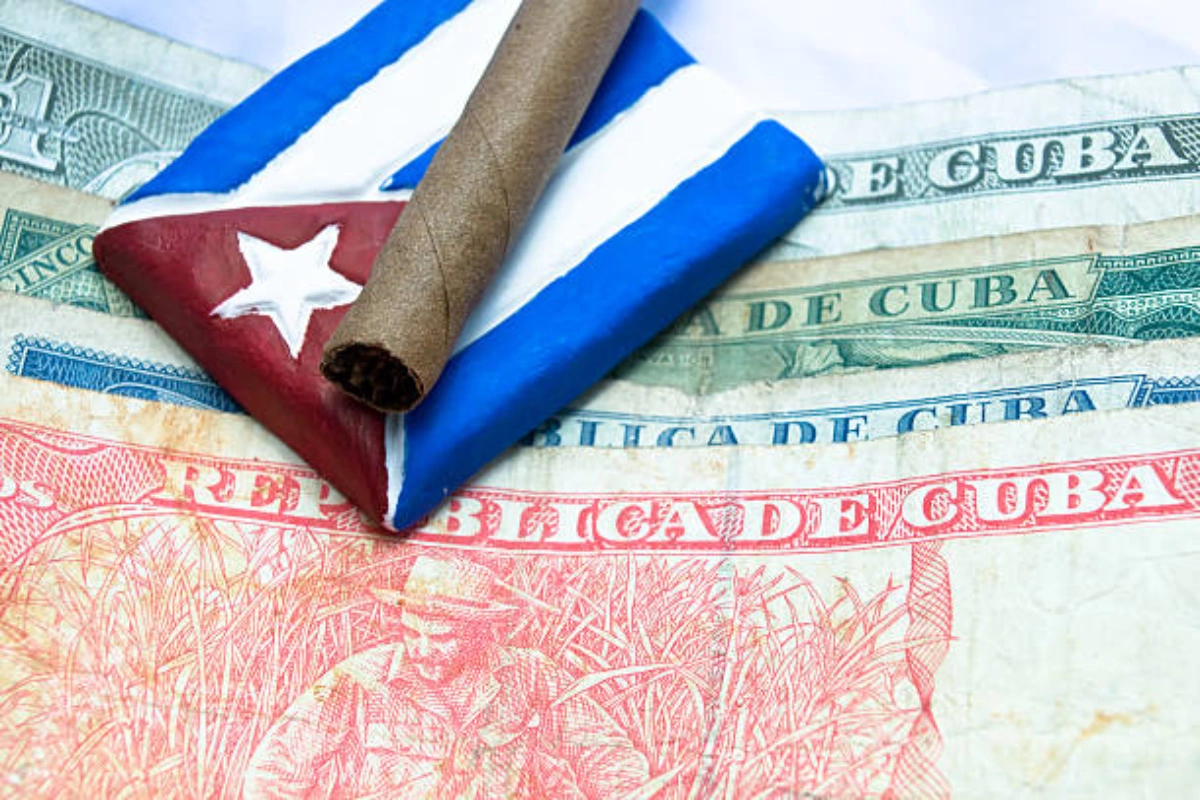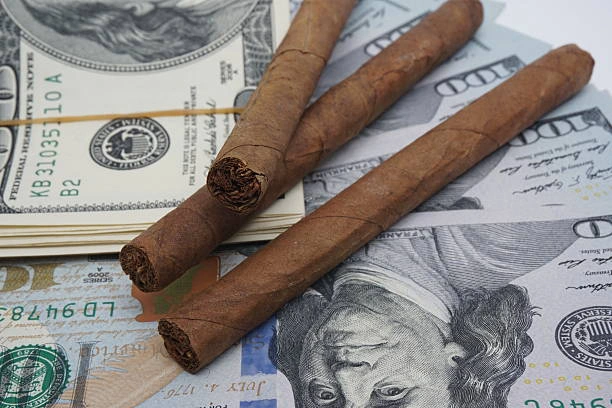Are Cuban Cigars Illegal in the U.S.? What the Law Really Says

Are Cuban Cigars Illegal in the U.S.? What the Law Really Says
The U.S. embargo on Cuban goods, initiated in the early 1960s, continues to affect the legality of Cuban products, particularly cigars. This embargo was a reaction to the Cuban Revolution and the nationalization of American businesses in Cuba. As a result, the question “Are Cuban Cigars Illegal in the U.S.? What the Law Really Says” remains a critical one for cigar enthusiasts and casual consumers alike.Legal Status of Cuban Cigars in the United States
The United States imposed a full trade embargo on Cuba in 1962, banning the importation of all Cuban goods, including cigars. Over time, this embargo has seen changes based on the political landscape. For example, the Obama administration relaxed some restrictions, allowing travelers to bring back Cuban cigars for personal use. However, under the Trump administration, stricter limitations were reinstated. Currently, it is illegal to import Cuban cigars for commercial purposes. However, travelers may bring back up to 100 cigars for personal use if they comply with U.S. Customs regulations. While possession for personal use is permitted under certain conditions, purchasing Cuban cigars from U.S.-based retailers is still prohibited.Ready to connect with top legal professionals? Get immediate support— Call us at 877-550-8911.
Historical Background of the Embargo
After the Cuban Revolution of 1959, the U.S. responded by imposing a trade embargo in response to the expropriation of American-owned businesses. Since then, Cuban cigars have gained an almost mythical status in the U.S., becoming a symbol of both luxury and defiance. Despite their restricted status, Americans often sought out Cuban cigars via international travel or gray market sources. Their reputation for quality only fueled their desirability. Over time, Cuban cigars became emblematic not just of fine craftsmanship but also of political resistance and cultural exclusivity.Current Rules for Personal Importation
At present, the only legal method for U.S. citizens to obtain Cuban cigars is to bring them back from abroad for personal use. Key rules include:- Travelers may bring back up to 100 cigars or a value of up to $800.
- Cigars must be declared at customs and must not be sold or resold.
- Receipts and packaging should be retained as proof of legal importation.
Exceptions to the Ban
While the general prohibition remains intact, there are narrow exceptions:- Diplomatic Gifts: Cigars given as part of diplomatic exchanges may be legally imported under strict documentation.
- Licensed Entities: Rare cases exist where licensed importers may be allowed to bring in Cuban cigars, though this is uncommon and tightly regulated.
How Policy Shifts Affect the Legal Landscape
The regulatory environment surrounding Cuban cigars is heavily influenced by U.S.-Cuba relations. In 2016, the Obama administration allowed for more personal importation, a move that many welcomed. However, subsequent rollbacks by the Trump administration reinstated many previous restrictions, creating a back-and-forth scenario that confuses even seasoned importers. Currently, the Biden administration has not made significant changes to these laws, leaving many to speculate on future developments. Consumers must regularly consult reliable sources such as the U.S. Department of the Treasury for updates. Consumer Attitudes and Legal Risk
Consumer Attitudes and Legal Risk
Cigar enthusiasts often view Cuban cigars as the gold standard. Their quality and reputation are unmatched, but legal risks persist. Many consumers argue that they should have the freedom to purchase such culturally significant products. This tension between personal freedom and federal restrictions is part of what keeps this topic in the public discourse.
The existence of gray markets and unregulated sales channels also poses risks. Purchasing Cuban cigars illegally may lead to penalties including fines and confiscation. Therefore, it is important to adhere strictly to the law and avoid black-market options.
Conclusion
Cuban cigars are not entirely illegal in the U.S., but their legality is limited to specific personal-use scenarios. Consumers are permitted to bring them into the country under tightly regulated conditions, but the commercial sale or domestic retail of these products remains banned. With evolving policies and diplomatic shifts, it is critical for cigar lovers to stay informed and cautious. To explore more legal topics and consumer rights, visit Legal Case Review.FAQs
1. Can I buy Cuban cigars online and have them shipped to the U.S.?No. Importing Cuban cigars via online orders or shipping is prohibited under current U.S. law. Only personal importation during travel is permitted.
2. Are Cuban cigars legal if I receive them as a gift from someone abroad?
Gifts of Cuban cigars from abroad are not exempt from the embargo and may be seized by customs unless the giver is a licensed entity.
3. What happens if I try to sell Cuban cigars I legally brought into the U.S.?
Even if imported legally for personal use, selling Cuban cigars violates the embargo and can result in fines or legal consequences.
4. How many Cuban cigars can I legally bring into the U.S.?
You can bring up to 100 cigars or cigars worth up to $800, strictly for personal use and declared at customs.
5. Where can I check the most recent laws on Cuban cigars?
For the latest regulations, consult the U.S. Department of the Treasury’s OFAC Cuba Sanctions page..
Don’t wait to secure the legal representation you deserve. Visit Legal Case Review today for free quotes and tailored guidance, or call 877-550-8911 for immediate assistance.



